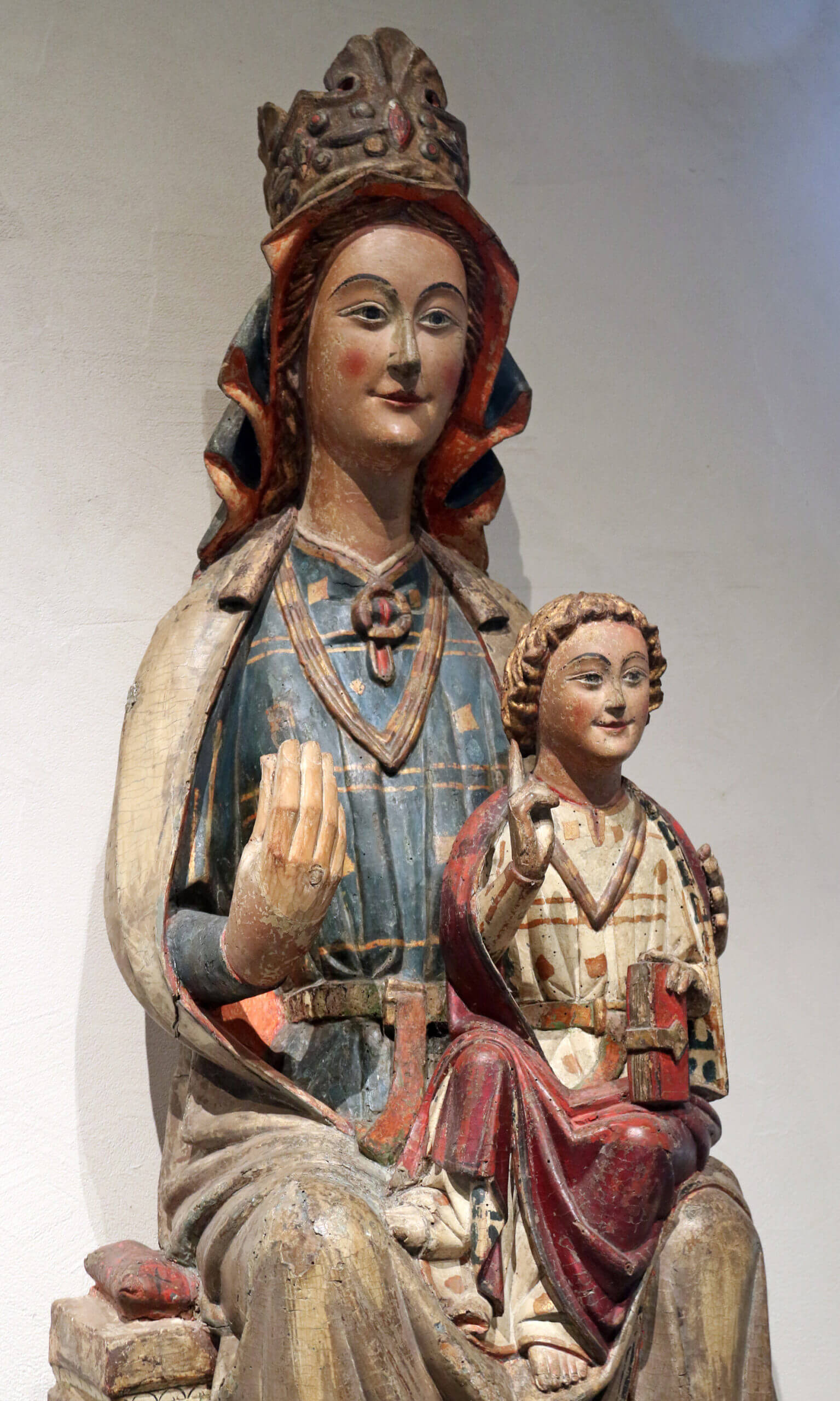
The gift of wisdom is fit for a king and the rest of us
A lovely virtual Mass, marked by the lilting tones of an equally lovely Irish monsignor, was an opportunity to reflect on a homily which contrasted King Midas, of Greek mythology fame, and King Solomon, beloved of God and biblical author.
Both kings were given the opportunity to have one wish fulfilled. For King Midas the offer came from the god Dionysius. Midas, who was already extravagantly wealthy, wished that all he touched would turn to gold.
Dionysius warned him to think carefully, but Midas insisted this is what he wanted. His wish was fulfilled, but when his food turned to gold and he nearly starved, and his daughter turned to gold when he hugged her, Midas realized he had made a terrible mistake. The blessing had become a curse.
Solomon, who also was wealthy as kings go, saw the Lord, God, in a dream. God said to him, “Ask, and I will give it to you!”
Solomon responded, “Give your servant an understanding heart to judge your people and to discern between good and evil,” explaining to God that he wanted only to know how to govern God’s people well.
God was so pleased with Solomon’s request, he gifted him with riches and honor and long life, for as long as Solomon kept God’s statutes and commandments.
Solomon asked for wisdom and God rewarded him, also, with insight and understanding beyond measure, making him the wisest of all men.
When the Irish monsignor came to the end of his homily he asked, “If God were to grant us that wish, what would we ask for?”
I wanted to raise my hand and ask for clarification.
Does the wish have to be just for me, can it be for someone else? Everyone else? Really, at this very moment, wouldn’t someone want to ask for an end to the pandemic? But maybe in my humanness I’d want to ask for something for my family. Can my wish be worded to cover more than one thing, like “abundance of health, happiness and safety?” What are the parameters of the question?
I felt like a teenager who didn’t understand the essay assignment. I chastised myself, thinking, it’s not a hard question; what is your problem?
The problem is I’m a human being, one of those we all know to often be impulsive, short-sighted and quick to give in to emotions that override our ability to spend a bit of time in quiet contemplation. And there is the root of the problem.
Wisdom is the fruit of silence, of listening, of a desire to see what is real and what is of God.
In his 2014 series of talks about the Gift of Wisdom, Pope Francis explained that wisdom “is the grace of being able to see everything with the eyes of God. It is simply this: Seeing the world, situations, conjunctures, problems, everything with God’s eyes. This is wisdom. Often we see things as we want to see them or according to our heart, with love, with hate, with envy. No, this is not God’s eyes. Wisdom is what the Holy Spirit does within us so that we can see everything with God’s eyes. This is the gift of wisdom.”
Pope Francis also stressed that wisdom cannot be learned, which is why we must ask God for the gift of the Holy Spirit and the gift of wisdom that teaches us, also, “to feel with God’s heart [and] to speak with God’s words.”
I’ll be going back to that Irish parish for Mass next Sunday. I’m looking forward to the next homily.

